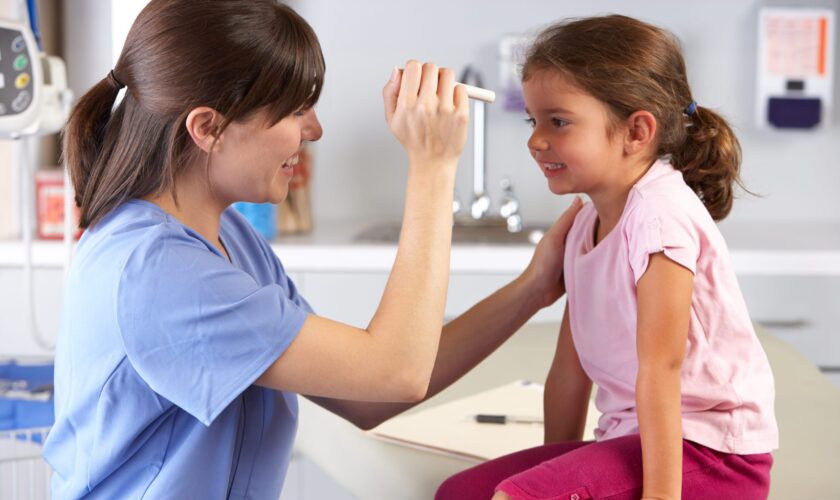Whenever your child is sick, you must take them to their pediatrician for an examination. This ensures they get a proper diagnosis and treatment. This is called a sick visit. You must know the difference between Frisco sick visits and other pediatric appointments to make sure your little one gets the necessary care and attention.
Sick visits are meant to diagnose and treat acute health issues that impact your child. They differ from routine checkups performed to evaluate your child’s growth and development, administer immunizations, as well as detect and address possible health problems in early stages. Sick child visitors make sure your child gets the appropriate care they need.
Importance of Sick Visits for Your Child
Whenever your child experiences mild symptoms, bring them to their pediatrician. But sometimes, you may not easily know when a sick visit is necessary or when the symptoms of your child can be treated at home. Often, rest and increased fluid intake are enough for a healthy child to feel better.
No matter your child’s symptoms, you should contact their doctor if you are concerned about them or if you need medical advice. But seeking medical attention is necessary if your child has a high fever, especially if it comes with other symptoms like vomiting, confusion, a rash, stiff neck, or headache. Also, a sick visit is a must if your child’s persistent, high fever lasts more than 3 consecutive days. Other symptoms that must be brough to your child’s pediatrician include persistent pain, vomiting, diarrhea, nausea and widespread rash. t
The majority of pediatricians encourage parents to give them a call to book an appointment. Some can provide same-day appointments to make sure your child gets prompt attention. Also, your child’s doctor may provide telemedicine appointments, which can be handy if you can’t make it to their clinic.
What Happens During a Sick Visit
Often, sick child visitors take up to thirty minutes. They include assessing the symptoms and medical history of your child, determining the problem’s cause, prescribing treatment, and giving general health advice. Also, the doctor will ask about any home remedies you may have tried.
Then, the doctor will perform a physical exam based on your child’s reported symptoms. Such an examination may include taking the temperature of your child, listening to their heartbeat and breathing, as well as checking their throat or neck for infection signs. With the information they can collect, the doctor can give a diagnosis and offer treatment.
